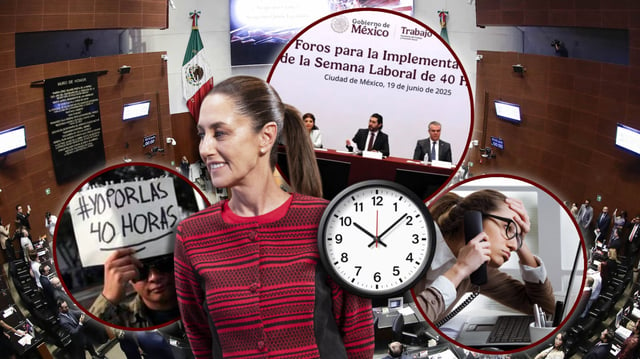Overview
- OECD 2024 data place Germany at the bottom of annual hours worked with 1,331, while Spain logs 1,634 versus the OECD average of 1,740.
- Spain’s Congress rejected a national cut from 40 to 37.5 hours that also sought tighter time recording, drawing opposition from business leaders Antonio Garamendi and Lorenzo Amor.
- Mexico is pursuing a government‑backed timetable unveiled in 2025 to reach a 40‑hour week by 2030, stepping down to 46 hours in 2026, 44 in 2027, 42 in 2028 and 41 in 2029.
- Mexican employers flag costs, round‑the‑clock operations and SME pressures, with debate focusing on phased implementation as informality remains above half of the workforce.
- Venezuela’s law caps the daytime week at 40 hours, yet a March 23, 2025 order cut public‑sector schedules to three half‑days for six weeks, and the official minimum wage is about 130 bolívares monthly—near US$1—supplemented by non‑salary state bonuses.

